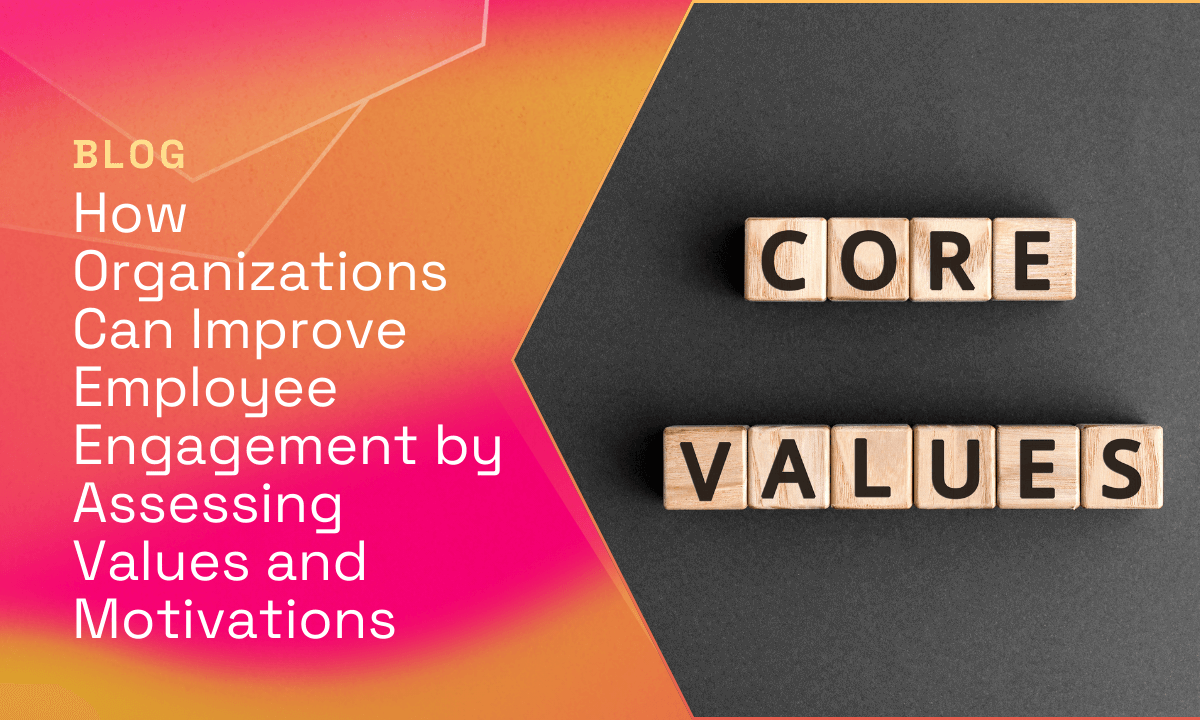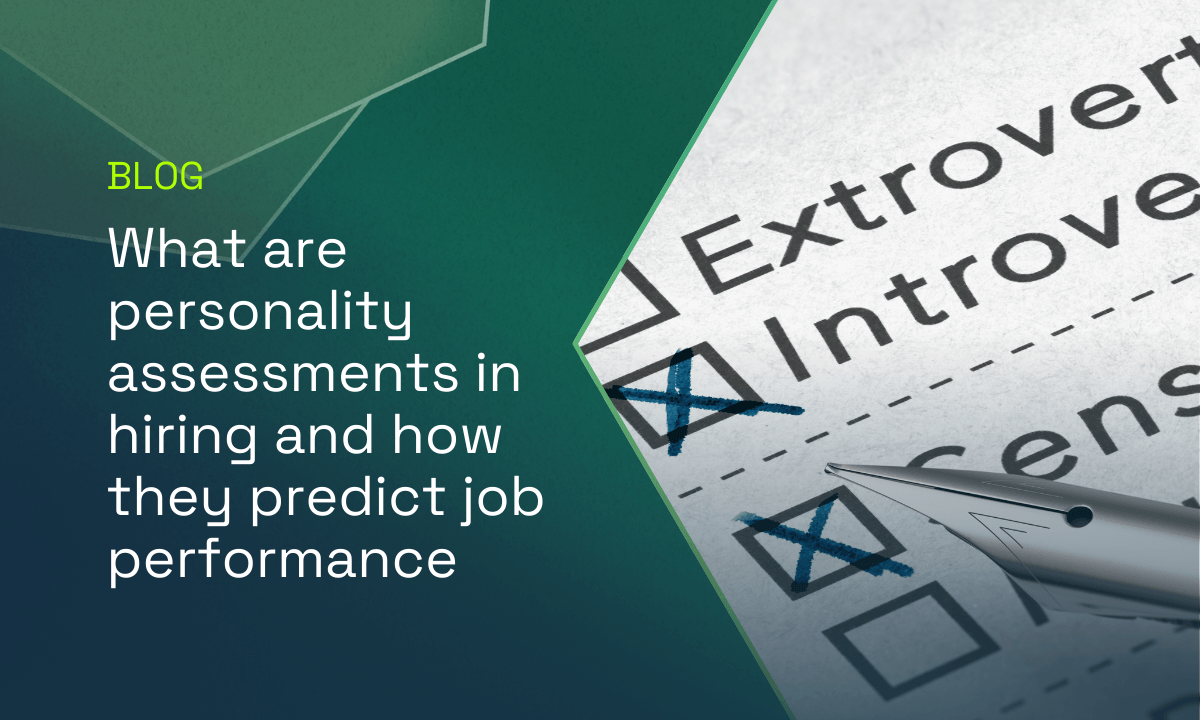The ROI of Talent Development & Coaching
In today's business environment, characterized by constant change and a competitive job market, companies are discovering that their most valuable assets aren't just the products they sell or the services they offer; it's their people. As markets evolve at a rapid pace, the success of an organization hinges on its ability to adapt, innovate, and stay ahead of the curve. This is where the critical role of investing in the personal development of employees becomes paramount.
Employee development goes beyond traditional training programs. It's about understanding and nurturing talent, cultivating the right skills, and fostering a learning mindset within your workforce. The companies that recognize this and prioritize tailored employee development experiences tend to thrive in this ever-changing landscape, enhancing not only their employees' skills but also their employer branding.
In this article, we will highlight the three reasons why prioritizing the growth and realization of your employees is essential, and we'll delve into the tangible returns it can yield for your organization.
It will help you attract the right talent.
Investing in personal development and coaching acts as a magnet for top talent, making your company more appealing to potential employees. Offering comprehensive personal growth opportunities and coaching programs sends a powerful message that your organization is committed to the growth, learning, and individual advancement of its team members. This commitment not only attracts top talent but also enhances your company's reputation in the job market, especially in the context of the increased focus on employer branding.
Notably, given the current business landscape, projected budgets for employer branding and recruitment marketing have risen by more than 10% compared to 2020. By prioritizing employee growth and personal development, your organization conveys its genuine commitment to the professional and personal advancement of its employees, helping solidify your company's position as a standout choice in a competitive job market and leading to a larger pool of high-quality applicants. Furthermore, this strategic investment can yield substantial cost savings, estimated at more than $8,000 per day, effectively mitigating the financial impact of hiring the wrong employees.
It will help you engage your talent
Investing in personal growth and development is a strong predictor of engagement and the impact of employee engagement on a company's financial performance cannot be overstated. Studies have consistently shown that organizations with the highest employee engagement scores reap significant rewards, enjoying levels of profitability and productivity that are a remarkable 22% and 21% higher, respectively, than those in the bottom quartile. This is largely due to the fact that engaged employees demonstrate a higher level of commitment, dedication, and enthusiasm for their work.
The consequences of low employee engagement cannot be ignored. Companies suffer substantial financial losses, estimated to be in the range of $450-550 billion annually, due to employees who are disengaged and fail to take ownership of their attitude, conduct, and motivation. This lack of engagement results in reduced overall productivity, as employees may not fully invest their skills and energy into their roles. In essence, investing in your employees' personal development and coaching is an investment in their engagement, which, in turn, is an investment in your company's bottom line.
It will help you retain your talent
Personal development and coaching play pivotal roles in retaining talent and reinforcing your employer branding. When employees experience personal growth, job satisfaction increases, and they feel a stronger sense of accomplishment, aligning with your organization's commitment to their advancement. This heightened fulfillment and appreciation reduce the likelihood of them seeking opportunities elsewhere. In the context of the fierce job market and the paramount role of employer branding, this holds vital importance. Employee turnover, a costly challenge for businesses, is estimated to incur expenses equivalent to approximately 33% of an employee's yearly salary.The process of hiring and training new employees consumes time and resources that could be better allocated elsewhere. Employee development and coaching can become strategic tools for talent retention, ensuring that your best employees stay with your company for the long haul, bolstering your employer branding in the process.
The ROI of coaching and development
How much can organizations lose if they don’t invest in employee development?
In a survey of eighty-three executives, a daily financial assessment was conducted regarding various people-related issues, including conflicts, hiring wrong employees, and training inefficiencies. Their collective estimates revealed an average daily cost of $7,227.07 per issue, culminating in a daily total of $144,541.30 across twenty identified concerns. This translated to an annualized loss of $52,757,574 per organization, highlighting the evident financial implications of these issues. While these figures are based on executive perceptions rather than scientific metrics, they underscore the urgent necessity of addressing workplace disengagement and inefficiencies. How much can organizations gain if they do?
Example 1: Campbell’ss Soup
In the year 2000, Campbell’s soup was confronted with a daunting challenge—its market value had tumbled by over 50%, and its employee engagement scores were hitting rock bottom. However, a transformation took root under the leadership of a new CEO who made it a priority to enhance the employee experience. Over several years, this CEO actively engaged with the workforce, fostering an environment that kindled genuine enthusiasm and connection among employees. With the new CEO's emphasis on development, connection, and engagement, the company's stock price, which had dropped to $25, rebounded to $46. Notably, during the first decade of this focus on employees, the stock value of Campbell’s soup increased by 30%, outperforming other S&P 500 stocks, which saw a 10% decline during that time. This significant transformation underscores the need for companies to prioritize their employees' well-being and engagement as an essential driver of success in the evolving business landscape.
Example 2: HP Inc.
Yet another instance of a company flourishing through its investment in employees can be seen in HP Inc. In 2019, technology powerhouse HP achieved a significant milestone by securing a spot on Glassdoor's esteemed list of Best Places to Work. This achievement was the result of a strategic shift towards heightened employee engagement within the company. HP took deliberate steps to bolster this engagement by expanding training and growth prospects for its workforce. As a testament to its success, HP's stock price demonstrated a remarkable trajectory, commencing at around $10 in 2016 and surging to an impressive peak of nearly $26 in late 2018. Fast forward to 2023, HP continues to maintain its standing as a renowned company among the best places to work for in the Glassdoor’s list. This remarkable success story underscores the invaluable benefits of investing in employee development, reinforcing its significance in achieving sustained corporate excellence.
Example 3: SAP
Similarly, another illustration of a company's remarkable growth driven by investments in its employees development can be found in SAP. The enterprise software firm SAP, after making its debut on the Best Places to Work list in 2013 and then experiencing a brief hiatus of three years, illustrates a compelling journey. During the period from 2013 to 2017, SAP's stock value exhibited steady growth, ascending from $80 to approximately $100. This trajectory coincided with the company's steadfast commitment to elevating the employee experience, which encompassed fostering a culture of innovation and offering employees ample opportunities for personal development and professional growth. Subsequently, upon its return to the Best Places to Work list in 2017, SAP's stock price witnessed a considerably more rapid ascent, reaching its valuation of approximately $133 in 2019. In a parallel with HP, SAP maintains its position as a top employer, even in the year 2023, underscoring the enduring advantages of investments in employee development for sustaining organizational success.
What development opportunities does you organization provide for its employees?
At Deeper Signals we strive to enhance employee engagement and performance by offering personalized development experiences for everyone. We make coaching and development accessible and scalable. Utilizing data-driven assessments like Core Drivers and Core Values, we empower employees to identify areas for growth and provide them with customized feedback and coaching which we see result in increased job satisfaction, performance and a newfound sense of purpose in their roles. Additionally, improved self-awareness skills fostered by Deeper Signals translates into improved team dynamics, driving greater collaboration and productivity across the organization.
Prioritizing employee coaching and personal development is not just a strategic choice but a cornerstone for organizational success. When employees understand their strengths and what they need to work on, they can increase productivity and performance, which heightens engagement and loyalty. A commitment to employee growth and development makes the workforce feel valued and supported in their career journeys, leading to reduced turnover rates and substantial cost savings associated with recruitment and training. This means that companies that invest in employee development tend to outperform their competitors, excelling not only in financial performance but also in cultivating a superior employer branding. If you want your company to achieve long-term success, you can’t afford not to invest in your employees’ development.





























